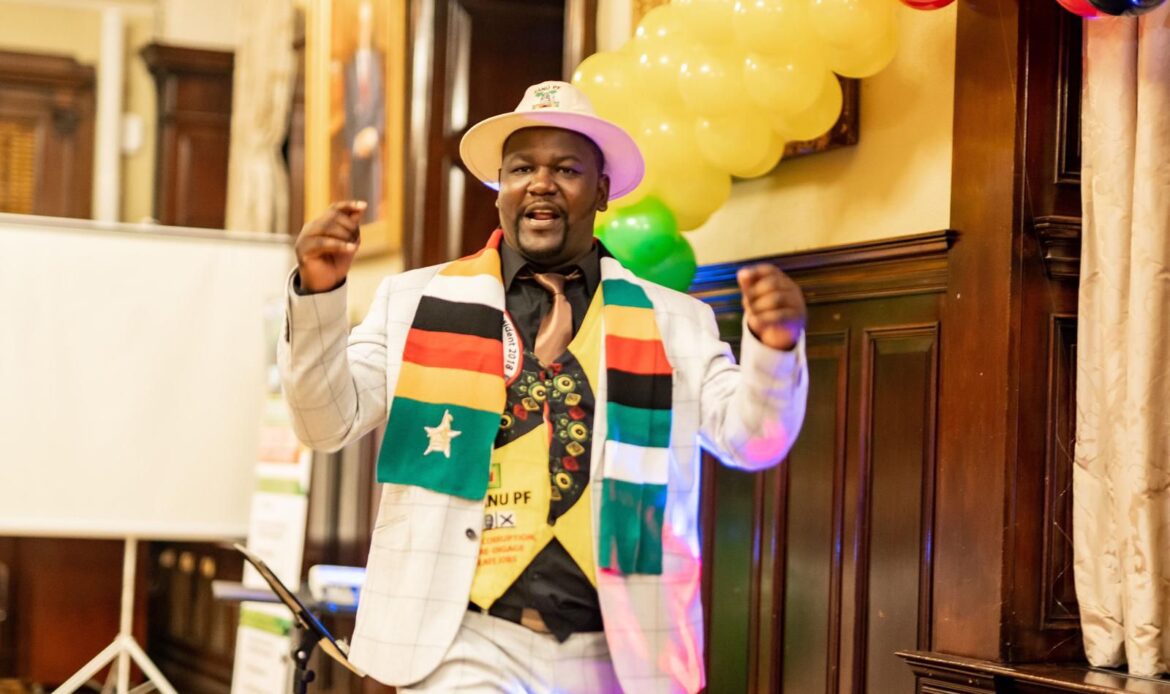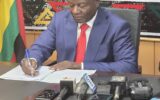
By Kudzai Makuku
The recently concluded ZANU PF People’s Conference was nothing short of electric—an emphatic showcase of the Party’s enduring strength, unity, and internal discipline. For those who expected discord or disarray, the event provided a powerful counter-narrative: a Party re-energised, resolute, and clearly in step with both its leadership and grassroots.
With ZANU PF commanding a solid parliamentary majority, the resolutions passed at the Conference are not mere formalities—they are the bedrock upon which government policy will be shaped. In many ways, the Party’s continued success is inextricably tied to national stability and progress.
But as a committed member of the diaspora, I found myself reflecting deeply on the implications for those of us outside Zimbabwe’s borders. While our structures are growing in enthusiasm and dedication, our presence at the Conference remained largely symbolic. We left with limited recognition—and without a voice in the proceedings.
That reality, while sobering, is not a cause for despair. Rather, it is a call to action.
One of the clearest takeaways from the Conference is that our impact is stifled by fragmentation. The term “diaspora” still tends to conjure images of scattered districts—South Africa, Namibia, Botswana, the UK, China, Canada—rather than a unified political force. That perception must change.
Although not constitutionally defined as a province, there is nothing stopping us from behaving as one in spirit and coordination. This does not mean erasing our district identities. It means harmonising our strategies, consolidating our efforts, and presenting ourselves as a singular, purposeful bloc.
Only then will our resolutions carry weight. Only then will our contributions to the Party’s mission and Zimbabwe’s development be taken seriously.
Our absence from the Conference programme—no solidarity address, no official platform—should not be misread as rejection. Rather, it is a reminder that influence is not granted on sentiment. It is earned through visible, consistent, and coordinated action.
We must prove our relevance—not just through rhetoric, but through tangible contributions that align with the Party’s strategic goals. From renovating schools and clinics, to supporting youth and women’s empowerment, to infrastructure investments at ZANU PF Headquarters—there is no shortage of avenues for the diaspora to add value.
When leadership sees us not just as vocal supporters abroad, but as genuine contributors to the country’s progress, our standing within the Party will naturally grow.
Each diaspora district traces its roots to a home province. These ties are a vital yet underused resource. We must nurture partnerships with provincial structures—maintaining regular dialogue, supporting local initiatives, and building long-term, trust-based collaboration.
These relationships will prove invaluable come the next Conference. Securing provincial backing for diaspora resolutions cannot be a last-minute exercise—it must be an ongoing, deeply engaged effort throughout the political cycle.
We must also strengthen strategic links with national leadership. Not as petitioners, but as partners—offering expertise, innovation, and investment. Regular policy dialogues and consultative forums between diaspora representatives and Party leaders would help illustrate the unique value we bring.
Zimbabweans abroad are not just remitters of foreign currency. We are engineers, doctors, educators, entrepreneurs. We are a think tank of global experience and patriotic commitment. It’s time to position the diaspora as an indispensable pillar in the Party’s governance ecosystem.
To achieve genuine representation, institutional recognition is essential. We must now begin a mature and strategic conversation about formal inclusion within Party and Government structures.
The introduction of a diaspora quota in Parliament, or the establishment of a Minister and Deputy Minister for Diaspora Affairs, warrants serious discussion. Far from complicating existing structures, such measures would modernise them—unlocking new avenues of capital, skills, and international networks to accelerate development.
Several progressive nations have already adopted similar models. Zimbabwe should be next.
All of this, however, depends on one key factor: unity. Our campaign for inclusion cannot be waged by individual districts or isolated leaders. It must be a coordinated, nationwide movement—a three-legged race across the Party, the provinces, and the Government.
The People’s Conference reminded us that ZANU PF draws its strength from cohesion, discipline, and a shared sense of purpose. As the diaspora, we must not operate from the sidelines. We must be at the centre—supporting, contributing, and evolving alongside the Party.
We have the numbers. We have the skills. What remains is the political will and the organisational discipline to move as one.
The diaspora is more than a distant support base. We are a vital force for national development—a bridge between Zimbabwe and the world.
With unity, strategic thinking, and unwavering commitment, we can earn our place—not just within the Party, but within the leadership architecture of the nation we love.
It’s time to move from the margins to the mainstream.









